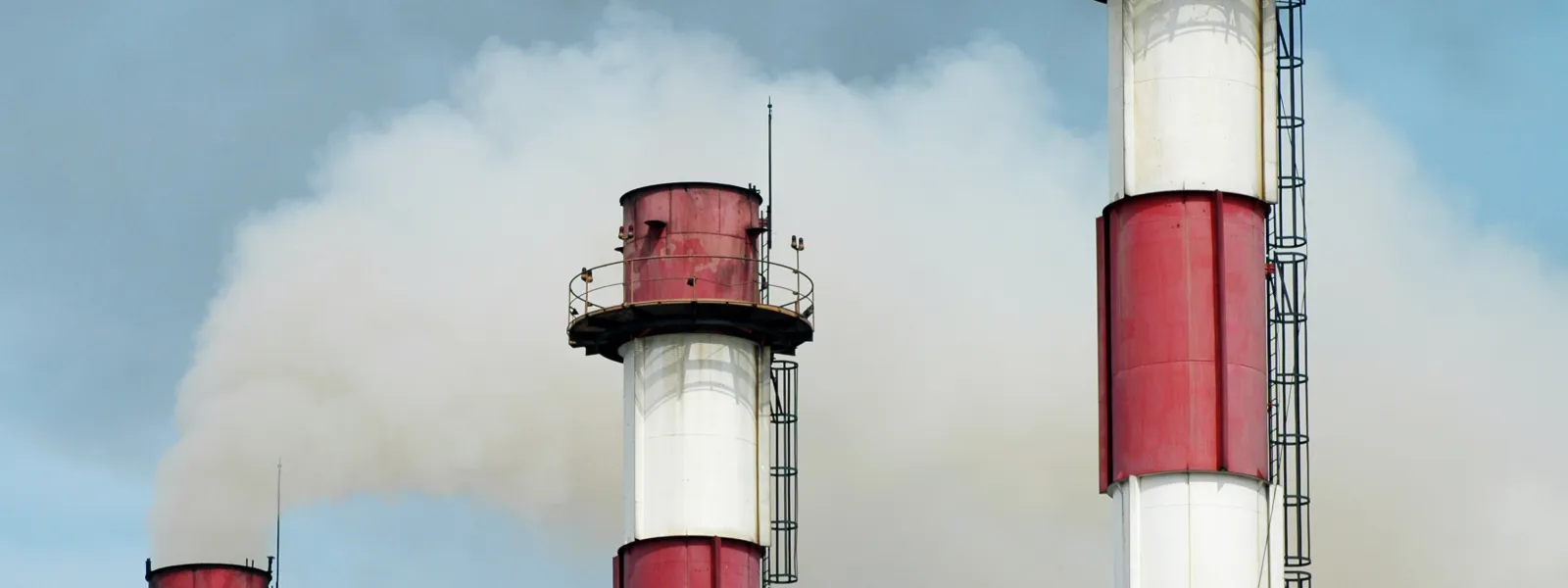
Controlling Short-Lived Climate Pollutants: An opportunity to better air quality and mitigate climate change
The report review the institutional, legislative, and regulatory frameworks, as well as existing government programs related to the control and monitoring of SLCPs, in three strategic countries of Latin America: Brazil, Chile and Mexico.
Short-lived climate pollutants (SLCPs) are atmospheric agents that contribute to climate change and degrade air quality. They are so-named because of their relatively short lifespan in the atmosphere, ranging from a few days to a few decades. SLCPs include: black carbon, methane, tropospheric ozone, and hydrofluorocarbons.
This report identifies areas of opportunity and potential gaps in which each of the three countries can make progress in mitigating these pollutants. Addressing these opportunities will benefit the fight against climate change, as well as the protection of ecosystems and human health.
The report was made by the Interamerican Association for Environmental Defense (AIDA), in collaboration with the Instituto de Energia e Meio Ambiente (IEMA), and with the participation of the Centro de Derechos Humanos y Ambiente (CEDHA) of Argentina, and the Centro Mexicano de Derecho Ambiental (CEMDA), as well as the Red Latinoamericana de Contaminantes Climáticos de Corta Vida (RedRacc).
Special thanks to Romina Picolotti of the Centro de Derechos Humanos y Ambiente (CEDHA); Laura Gallardo and Nicolás Huneeus of the Centro del Clima y Resiliencia de la Universidad de Chile; Gianni López of the Centro Mario Molina Chile; Gabriela Niño and Giselle García of the Centro Mexicano de Derecho Ambiental (CEMDA); Erika Rosenthal of Earthjustice; Sandra Guzmán of the Grupo de Financiamiento Climático para América Latina y el Caribe (GFLAC); Stela Herschmann of the Institute for Governance & Sustainable Development (IGSD); Evangelina Vormitagg of the Instituto Saúde e Sustentabilidade de Brasil; Marcelo Mena of the Ministerio de Medio Ambiente of Chile; Flavia Liberona and Javiera Valencia of the Fundación TERRAM of Chile; Luis Cifuentes of the Universidad Católica de Chile; Maria de Fatima Andrade and Paulo Hilário Nascimento Saldiva of the Universidad de São Paulo; and Sebastián Tolvett of the Universidad Técnico Metropolitana de Chile, for their comments and support.
Read and download the report (in Spanish)
Read and download the executive summart (available in English)
